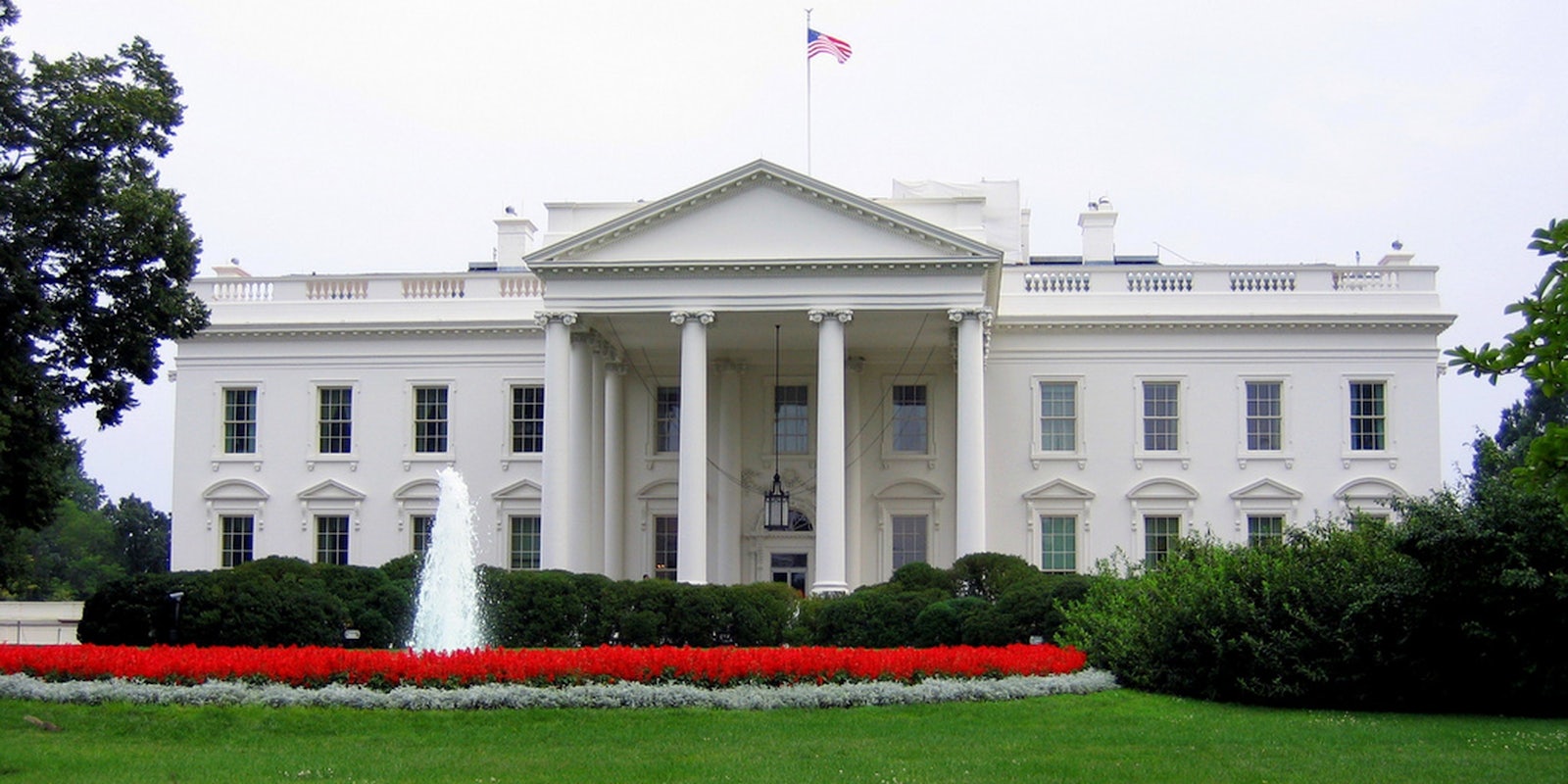Amid rising concerns over personal data collection, the government wants to ensure companies are protecting our privacy and data online, and on Friday afternoon, President Obama released a draft proposal of a consumer data privacy bill that would do just that.
The proposed bill is meant to give consumers more power over how their data is collected and used, and puts data collection restrictions on technology companies. However, critics say that the proposal doesn’t go far enough to protect consumers.
Companies would be required to create their own codes of conduct and policies regarding how they collect and use data. And startups wouldn’t be subject to the same privacy requirements as larger companies for the first 18 months of their existence.
Loopholes in the proposal, critics say, would actually give the benefit to corporations, not consumers. Justin Brookman, director of consumer privacy at the Center for Democracy & Technology, released a statement describing why the protections in the draft bill don’t go far enough.
Americans have long deserved comprehensive national consumer privacy legislation to protect their personal information. Unfortunately, the President’s bill falls short on the privacy protections needed in today’s digital world: it just has too many loopholes and doesn’t provide for meaningful enforcement. However, it’s encouraging that the President is working to advance privacy legislation and we remain committed to working with the Administration and Congress to improve this initial draft.
The Federal Trade Commission, the protection agency that works to ensure consumer privacy, criticized the bill, and said it did not have “strong and enforceable protections” for consumers.
While apparently benefiting tech companies over consumers thanks to loopholes in the proposal, other requirements will benefit consumers, and make it easier to understand the legalese before turning over your data. Consumers would have the right to ask companies for data, and companies would be required to make the fine print on privacy policies easy to understand. Additionally, corporations would have to be more transparent about how they use data collected.
Microsoft said on Friday that requirements like the one proposed in the draft bill are necessary.
The White House framework tackles issues that are crucial to build trust and foster innovation. Not all will agree with every aspect of the proposal – some will say it goes too far, while others will say it doesn’t go far enough – but it’s a good place to start the conversation.
The president’s draft will act as a framework for future legislation, and modifications will likely be made with additional input from privacy groups and the FTC.
Photo via HarshLight/Flickr (CC BY 2.0)
